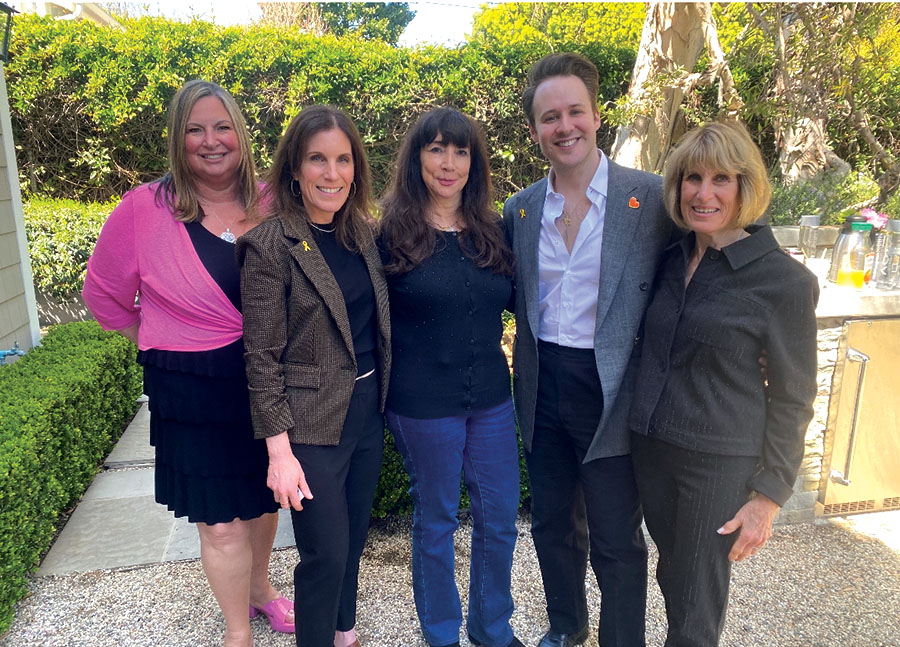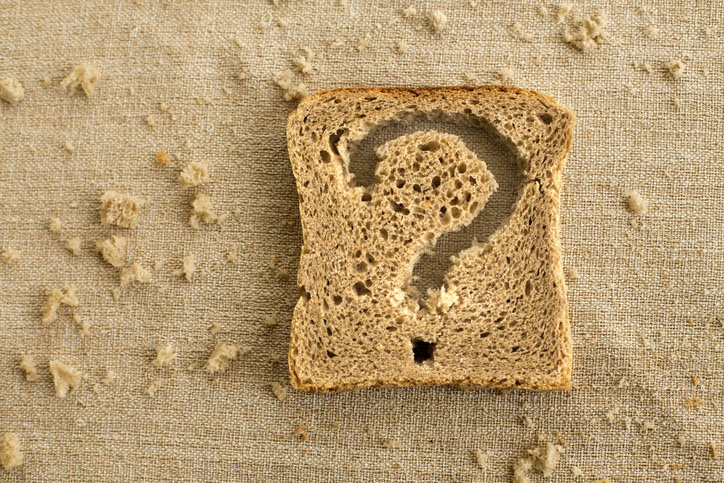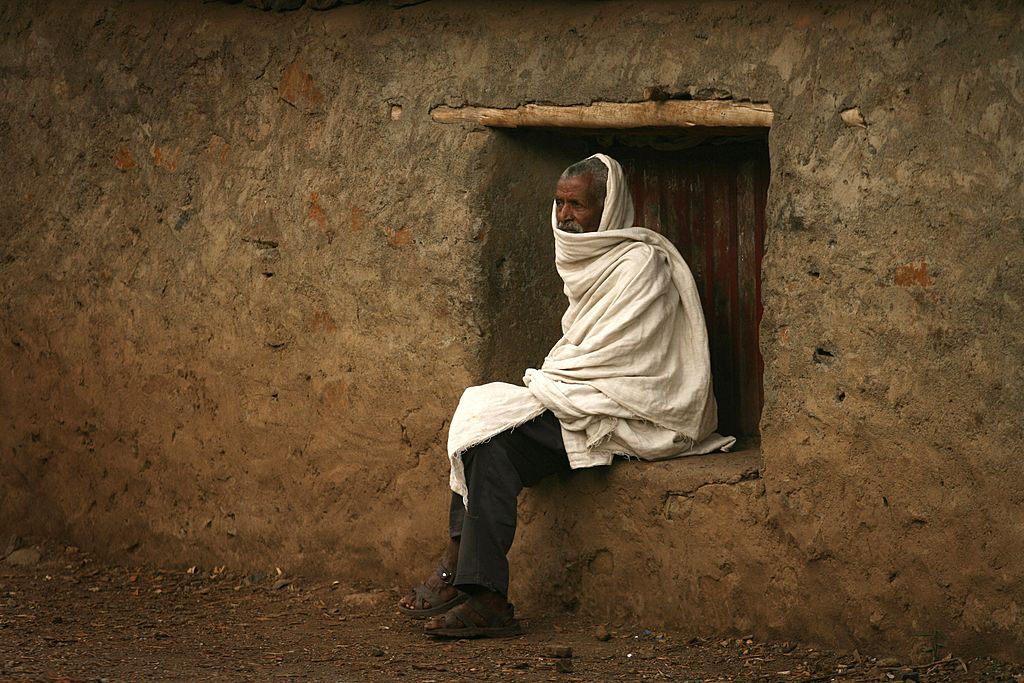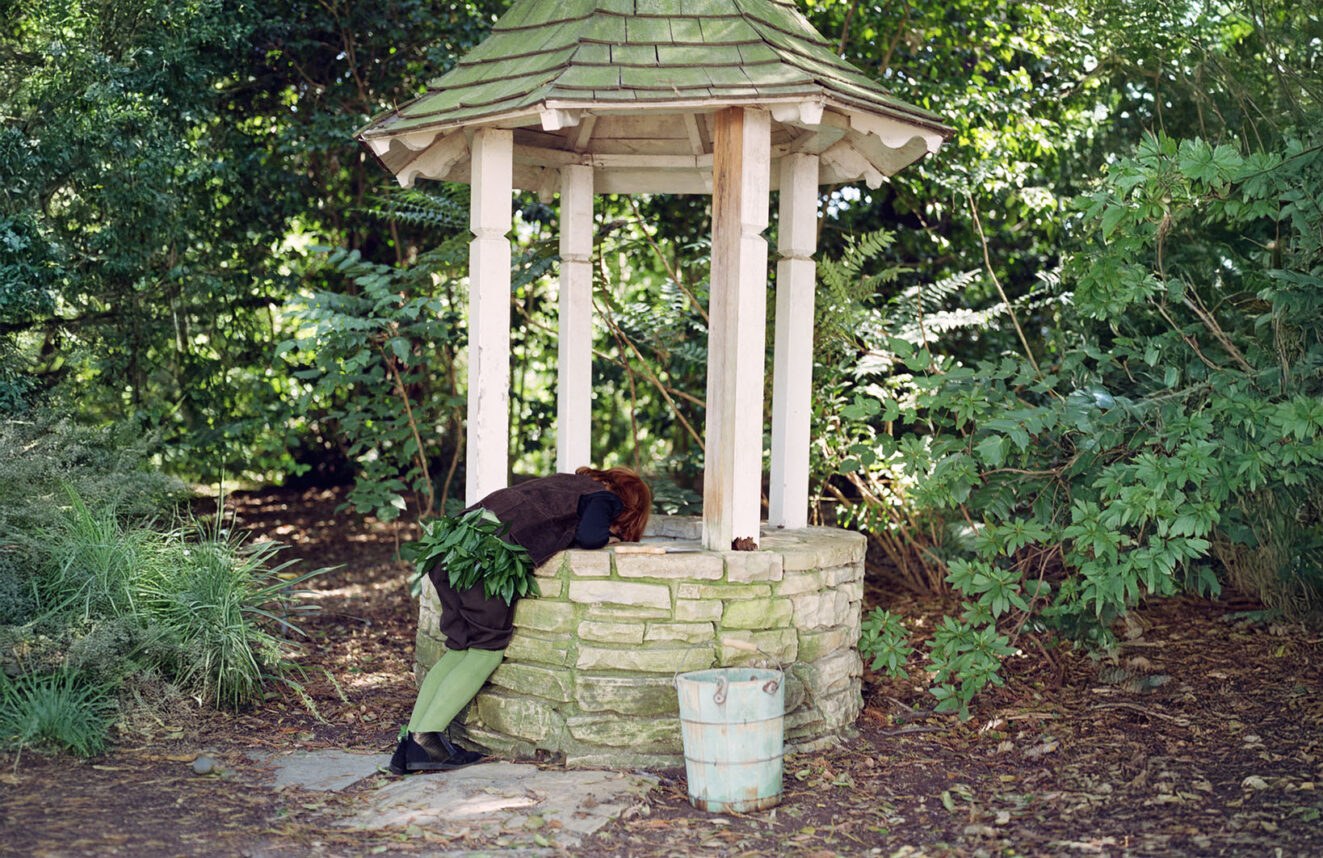
That which we have managed to repair
we may love more than what has always been intact.
The cracks that we’ve repaired cause us to care
for them a lot more than for what had never cracked.
The connection of kintsugi to the taste
for what is savory, known as umami,
to what prevents sins that lay us to waste,
repentance, teshuvah, is quite uncanny.
To the outside of any pot we show less favor
than to its contents its producers might have stirred,
but with repentance may improve the flavor
of our demerits for the ways that we have erred
in ways that only a divine observer saw,
repentance comparable to how kintsugi can
improve a broken pot which after any flaw
has been repaired as championed in Japan.
Repentance makes sins which we have committed
like broken pots that by kintsugi are repairable,
and by improving acts that never were permitted,
to dry bones of Ezekiel are comparable.
In the Kol Nidrei service on the night of the Day of Atonement all the congregation recite a piyyut, poem, that begins:
For behold, like clay in the hands of the potter, if he wills, he can expand it, if he wills, he can contract it; so too are we in Your hand, Preserver of kindliness and not the accuser.
The mishnah states in the Ethics of the Fathers, mAvot 4:20:
רַבִּי אוֹמֵר, אַל תִּסְתַּכֵּל בַּקַּנְקַן, אֶלָּא בְמַה שֶּׁיֶּשׁ בּוֹ. יֵשׁ קַנְקַן חָדָשׁ מָלֵא יָשָׁן, וְיָשָׁן שֶׁאֲפִלּוּ חָדָשׁ אֵין בּוֹ
Rabbi said: don’t look baqanqan, at the container, but at that which is in it: there is a new container full of old wine, and an old [container] in which there is not even new [wine].
On 5/26/24 Meir Soloveichik discussed kintsugi (katsugi) in his podcast “Japanese Pottery and the Nature of Forgiveness,”https://meirsoloveichik.com/journey-siddur/japanese-pottery-and-the-nature-of-forgiveness/, connecting katsugi to the concept of forgiveness which is the rationale of the third blessing of God in the Amidah for being חנון המרבה לסלוח, God who is graciously willing to forgive. Repentance, teshuvah, is like a golden treasure mined from the mine of regret.
Gershon Hepner is a poet who has written over 25,000 poems on subjects ranging from music to literature, politics to Torah. He grew up in England and moved to Los Angeles in 1976. Using his varied interests and experiences, he has authored dozens of papers in medical and academic journals, and authored “Legal Friction: Law, Narrative, and Identity Politics in Biblical Israel.” He can be reached at gershonhepner@gmail.com.





















